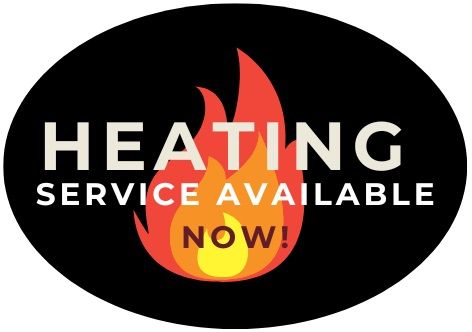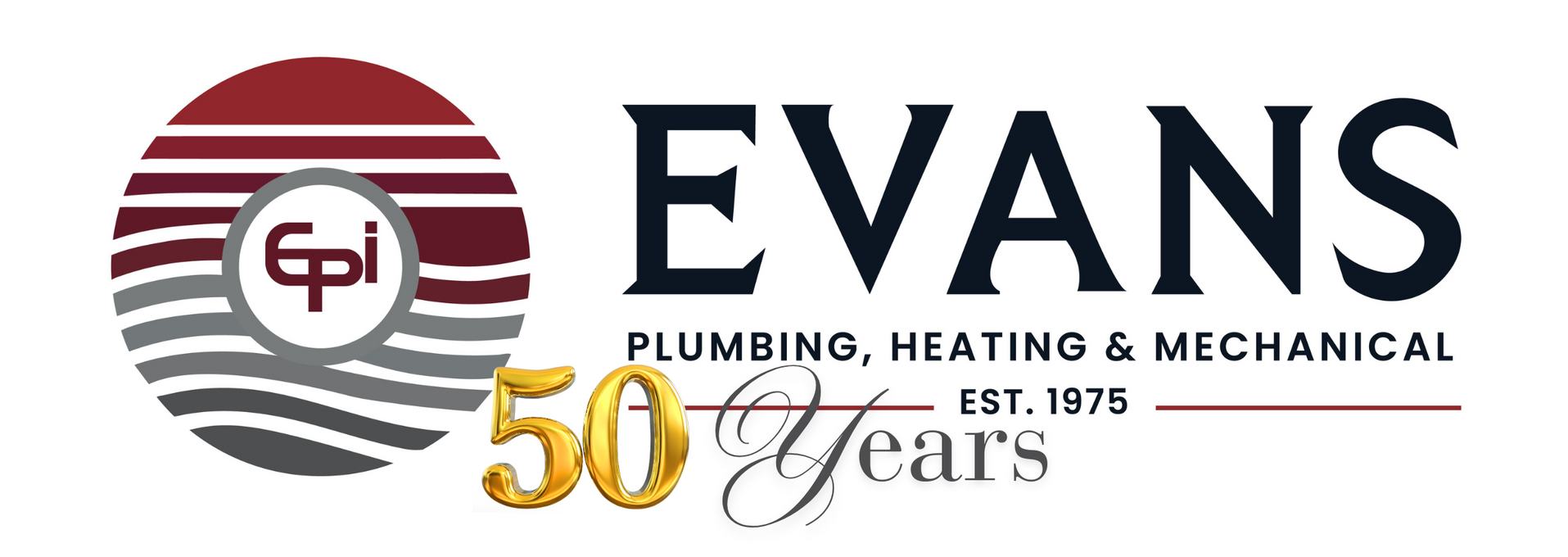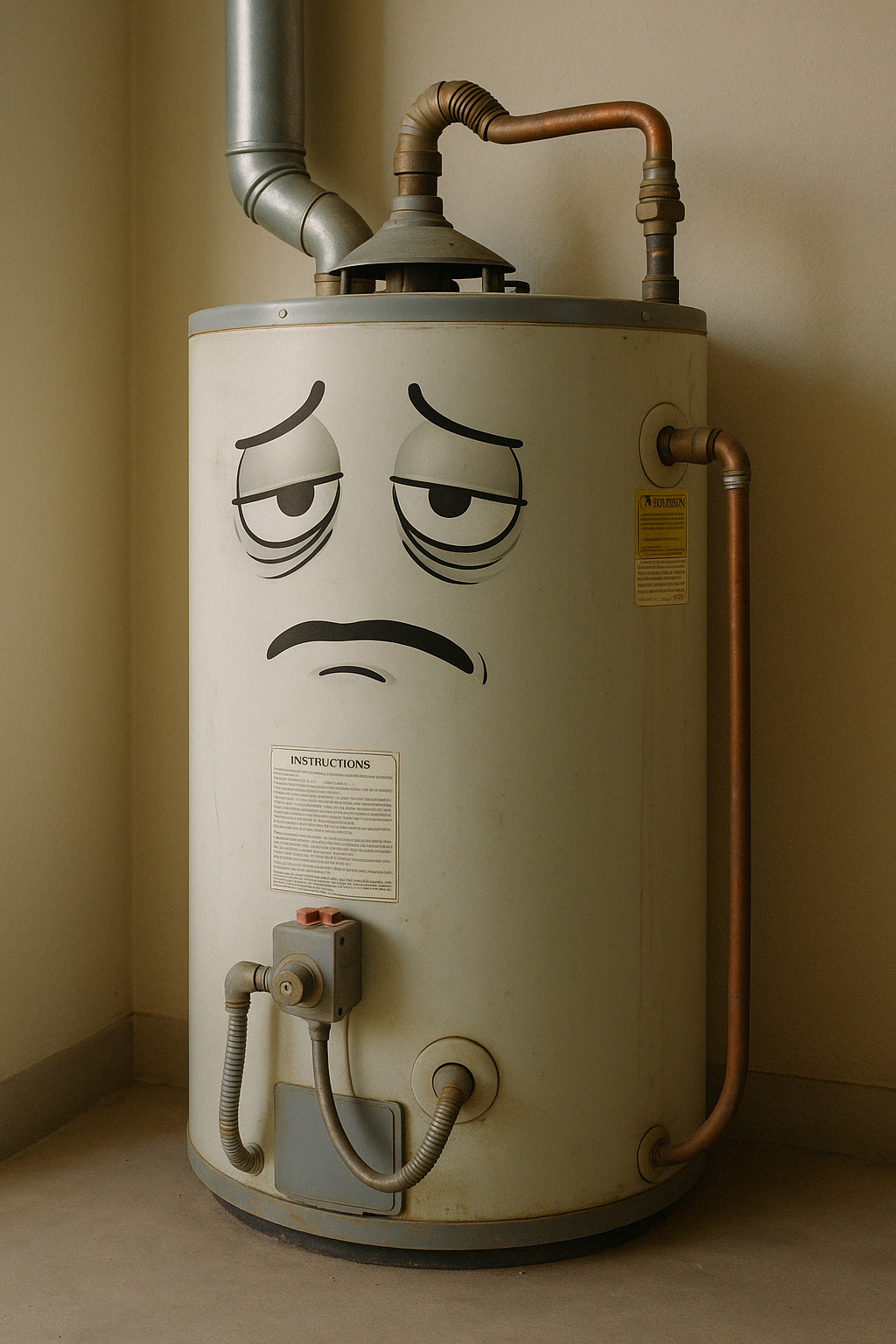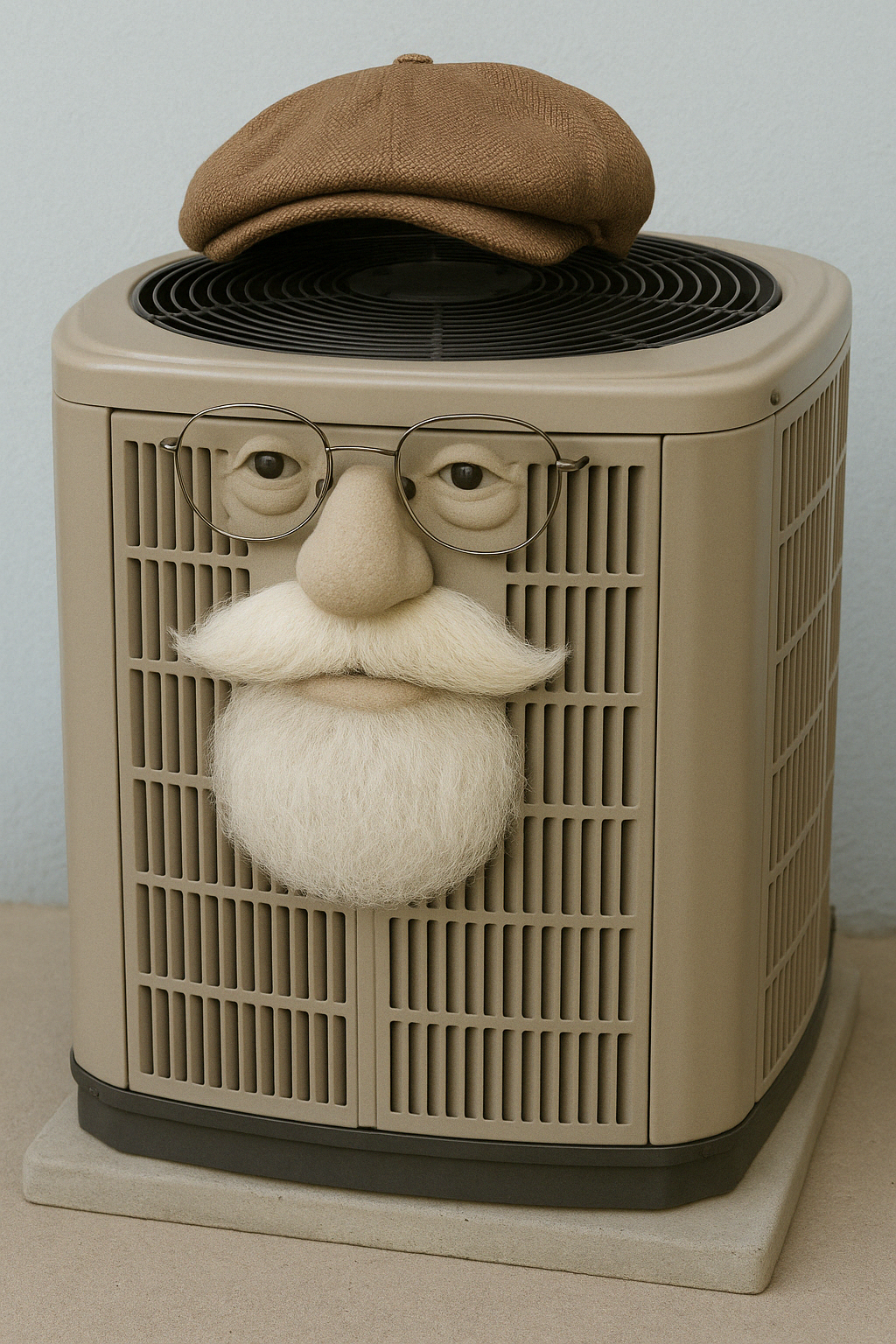Are Plumbing Repairs Covered by Insurance?
Most standard homeowners' insurance policies offer "dwelling coverage" and "personal property coverage", designed to protect your home and belongings from unexpected perils like fire, windstorms, or vandalism. However, water damage caused by plumbing issues is more complex. Coverage usually depends on whether the damage was sudden or accidental versus a result of neglect or maintenance issues.
1. ** Sudden and Accidental Damage
- Generally, if a pipe bursts due to freezing or a sudden, accidental event, your home insurance may cover the cost of repairs. Insurers typically classify this as “sudden and accidental” damage, often resulting from factors like extreme weather conditions or manufacturing defects.
- Example scenario: If a water heater bursts and floods your basement, your policy may cover the water damage and the cost of necessary repairs, less your deductible.
2. Negligence and Lack of Maintenance
- Insurance policies usually don’t cover damages resulting from a lack of routine maintenance or negligence. For example, if a pipe corrodes over time and leaks, causing damage to your home, it’s unlikely your insurance will cover it. Regular inspections and upkeep can help you avoid this type of exclusion.
- Example scenario: Suppose you ignore a small leak under your kitchen sink, and it worsens over time. In that case, your insurer might consider the resulting water damage as preventable and deny your claim.
3. Mold Coverage Limitations
- Mold resulting from water damage is often limited or excluded entirely from standard insurance policies. Some policies allow you to purchase additional mold coverage, which can provide a financial cushion if mold forms due to water damage from plumbing issues.
- If you’re concerned about mold damage, it may be worth considering a policy that includes mold remediation coverage.
Types of Coverage That May Help with Plumbing Repairs
In addition to homeowners' insurance, there are other forms of insurance and coverage options that might assist with plumbing repair costs:
- Water Backup Coverage: This optional add-on helps cover damage from backed-up drains or sewers. If your home experiences a sewage backup, this coverage can be invaluable.
- Flood Insurance: Regular homeowners’ insurance doesn’t cover flood-related water damage. For homes in flood-prone areas, a separate flood insurance policy from the National Flood Insurance Program (NFIP) or a private insurer is essential.
- Service Line Coverage: Some insurers offer service line coverage to help with damage to utility lines that connect your home to public utilities, including water, sewer, and gas lines. This coverage can be helpful if issues arise with pipes buried outside your home’s structure.
What You Can Do to Prevent Plumbing Issues
Preventive maintenance is one of the best ways to avoid costly plumbing repairs and potential insurance complications. Here are a few tips to keep your plumbing system in good condition:
- Inspect Regularly: Check pipes and faucets for leaks every few months. Pay special attention to areas under sinks and in basements where problems can go unnoticed.
- Insulate Pipes: In cold climates, insulate pipes to prevent freezing during the winter months. Frozen pipes can burst, leading to significant water damage.
- Address Clogs Immediately: Don’t ignore slow drains, as they can worsen over time. Use enzyme-based cleaners to maintain clear pipes without causing corrosion.
- Schedule Professional Inspections: Once a year, consider hiring a plumber to inspect your home’s plumbing. They can spot small issues before they turn into big problems.
Filing a Claim for Plumbing Repairs
If you experience a plumbing issue and believe it qualifies for insurance coverage, here are some steps to take:
- Document the Damage: Take photos or videos of the affected area to provide evidence for your claim.
- Contact Your Insurance Agent: Explain the situation and provide any relevant documentation. They can advise you on next steps and whether your claim is likely to be covered.
- Get Estimates from Licensed Plumbers: Obtain detailed estimates for repair work from licensed professionals to support your claim.
- Follow Through with the Insurer: Your insurance provider may send an adjuster to assess the damage, so ensure you’re available to answer any questions they might have.
Key Takeaways
While some plumbing repairs may be covered by homeowners' insurance, it largely depends on the cause of the damage and the specific terms of your policy. Routine maintenance is crucial for preventing issues that could lead to denied claims. For extra protection, consider policy add-ons like water backup coverage or service line coverage. Understanding these nuances can help you avoid unexpected repair costs and ensure you’re prepared in case of a plumbing emergency.
For more information, you may find these resources helpful:






Share On: